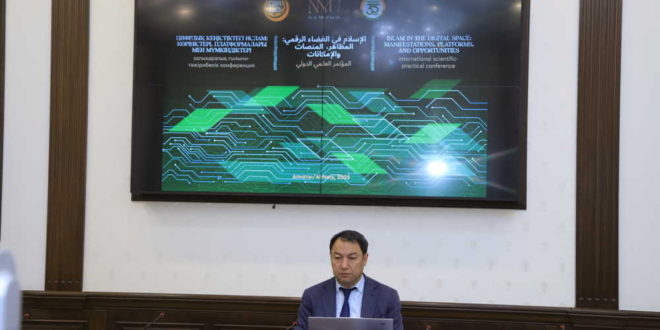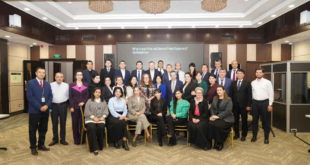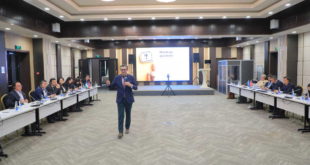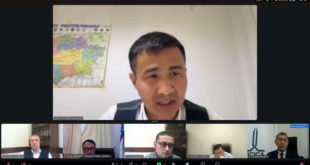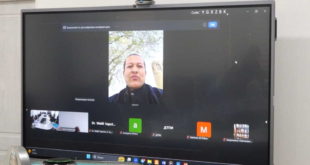On 8 October, an international scientific and practical conference on “Islam in the Digital Space: Ideas, Platforms, and Opportunities” was held at the Nur-Mubarak Egypt-Islamic Culture University in Almaty, Kazakhstan.
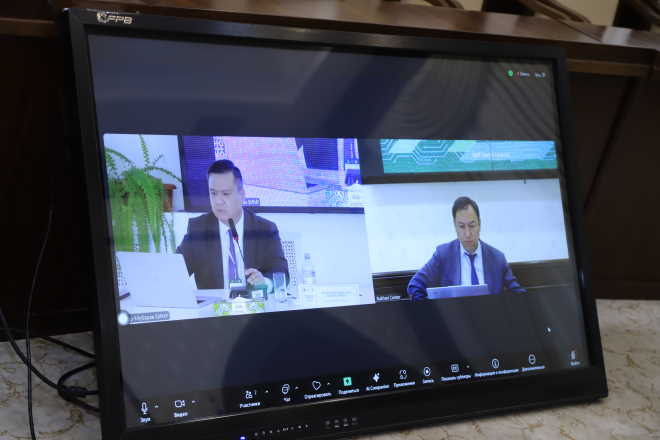
The conference, convened to mark the 35th anniversary of the Spiritual Administration of Muslims of Kazakhstan, featured participation from scholars and religious officials representing Uzbekistan, Turkey, Saudi Arabia, and other nations.
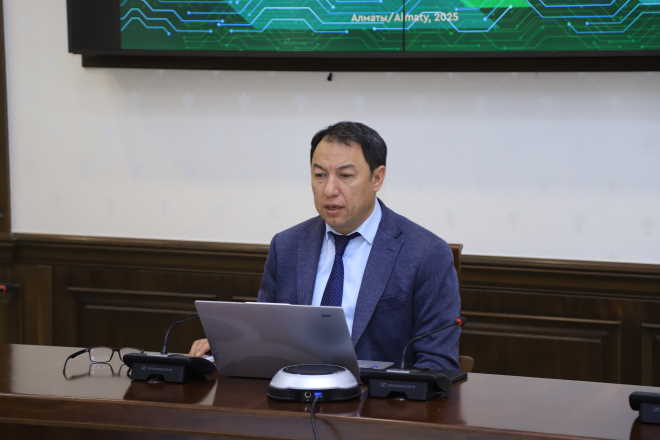
Professor Shovosil Ziyodov, Director of the Imam Bukhari International Scientific Research Center, delivered a remote presentation titled “Digitization Processes of Imam Bukhari’s Sahih al-Bukhari.” The presentation detailed current efforts to digitize the esteemed muhaddith’s scholarly heritage for research and public access, highlighting the Center’s ongoing and future initiatives.
During the conference, it was highlighted that the center’s collection houses over 1,650 manuscripts and lithographed sources, as well as historical documents. These include works by prominent scholars and thinkers such as Imam Bukhari, Imam Tirmidhi, Burhanuddin Marghinani, and Alisher Navoi.
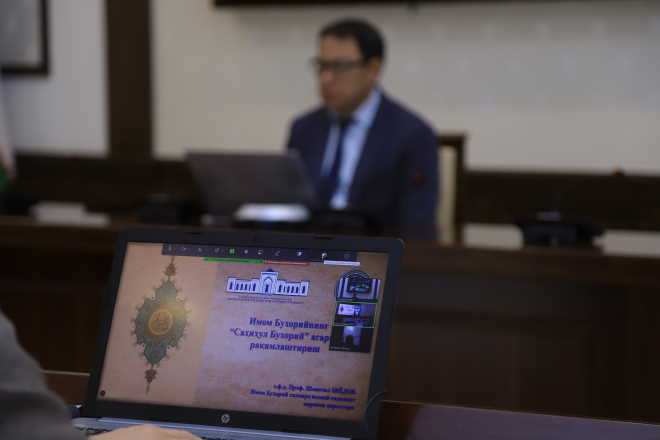
Furthermore, it was reported that more than 3,300 manuscript copies of Imam Bukhari’s works have been identified in the collections of 256 libraries across 41 countries. An electronic registry of these manuscripts has been compiled, over 3,275 electronic copies of the work Al-Jami’ as-Sahih have been collected, and annotations for approximately 900 manuscripts have been prepared.
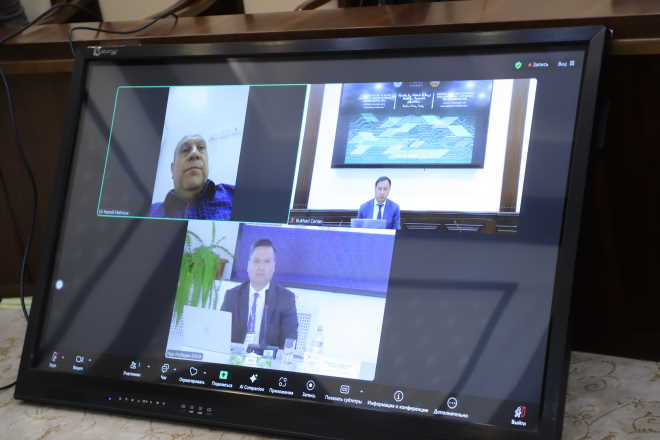
Professor Ziyodov delivered a presentation highlighting the profound significance of Imam Bukhari’s heritage as an invaluable spiritual asset for Islamic scholarship and human civilization. He stressed the importance of digitizing and incorporating this legacy into academic discourse as a crucial responsibility for posterity.
During the conference, discussions were held on topics such as digital Islamic education, artificial intelligence, and the study of religious heritage in electronic environments. Attendees collectively noted the need for enhanced scientific collaboration in these areas.
Imam Bukhari International Scientific Research Center
Press Service
 Imom Buxoriy xalqaro ilmiy-tadqiqot markazi bukhari.uz
Imom Buxoriy xalqaro ilmiy-tadqiqot markazi bukhari.uz







